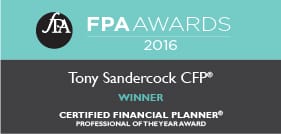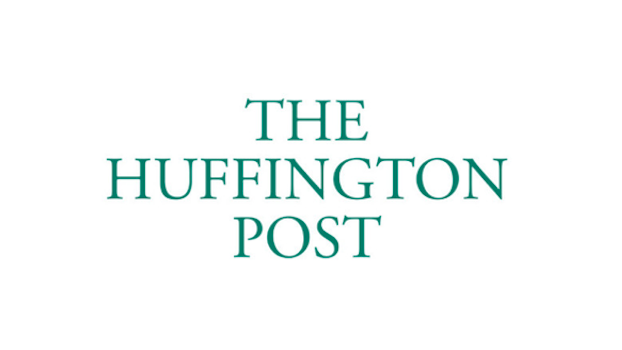07 5440 5794
|
Many people ask me what I think the future might hold. "What's the market going to do next year?" they'll say, or, "What kind of hot share tip do you have?" These are the wrong questions to ask. Maintaining a solid financial future doesn't come from picking stocks and making accurate predictions about the future. It comes from doing a few simple things well. Just basic stuff that creates long-term habits and long-term prosperity. Here are a few things that you should know in order to create more financial success in your life. Spend less than you earn This is so simple I'm almost embarrassed to say it. But simple doesn't always mean easy. Not enough people get this right. Spending less than you earn doesn't come from shopping at clearance sales either. It means avoiding unnecessary shopping in the first place. Don't believe the advertising hype that when it comes to sales, "the more you spend, the more you save." Let's be clear -- the more you spend, the more you spend! Maintain some type of a budget The easiest budget is something that I refer to as the anti-budget. It's a simple concept. You figure out how much money you want to save every month, pull that amount from the top, and then live on the rest. As long as you're meeting your savings target, it doesn't matter how much money you're spending on towels versus toothpaste. All that matters is that you are ultimately meeting your target amount in savings. By the way, when I refer to savings, I'm talking about anything that increases your net worth. Examples include repaying a debt, contributing to your retirement accounts, or accumulating savings in the bank. Keep a lid on costs and taxes Day to day moves in the market are temporary, but costs are permanent. Over time, they can put a real dent in your wealth plans. That's why it makes sense to be mindful of fees and expenses. Costs might include purchase costs or redemption costs, which means that you might pay money either going into or coming out of an investment. In addition, many investment funds have ongoing expenses which are fees that come out of your investments. The fees feel invisible because you don't have to write a cheque for them. They're quietly deducted from your returns, but that doesn't make them any less real. Pay attention to your three biggest expense categories These are your home, your car and your food. More often than not, your ability to live comfortably on your family's income depends on how efficiently you are spending your dollars in these "Big Three" areas. When buying a house don't think about what is the maximum you can afford, think about what you need. You can combine your transportation planning with your housing planning to cut down on costs. Living close to work means less commuting, which is an activity that robs you of time, money, sleep, social interactions and health. Australian's expenditure on fast food and eating out has grown by 50 per cent in the past six years, with Australians spending nearly a third of their weekly household food budget on dining out and fast foods. If you could save $2000 by eating out every other week and pay that off your mortgage, over 20 years you could have an extra $80,000 in your pocket. Make savings automatic Automatically pull money from every paycheque into retirement accounts, savings accounts or additional debt payoff. The more that you can automate these savings, rather than doing it manually, the more likely you are to stick to your plan. Take these simple steps and financial independence might come far easier to you than you think. FREE DOWNLOAD - Ten Tips To Turbocharge Your SuperTransform your Financial Future. Bite the bullet and start boosting your super now.
Rose
3/4/2016 04:03:33 pm
Which would you say is the best option for spare money - repay home loan or super?
Rose
5/4/2016 10:20:49 am
Rose, check out this blog.
Peter
1/5/2016 07:01:00 pm
Do you have any shares tips? Comments are closed.
|













 RSS Feed
RSS Feed

31/3/2016